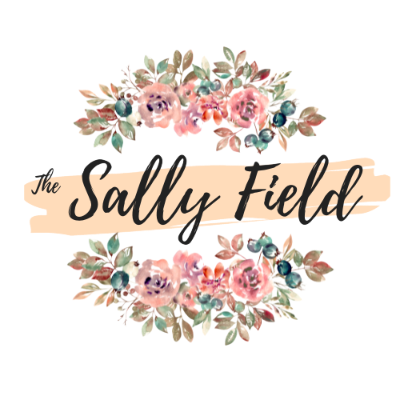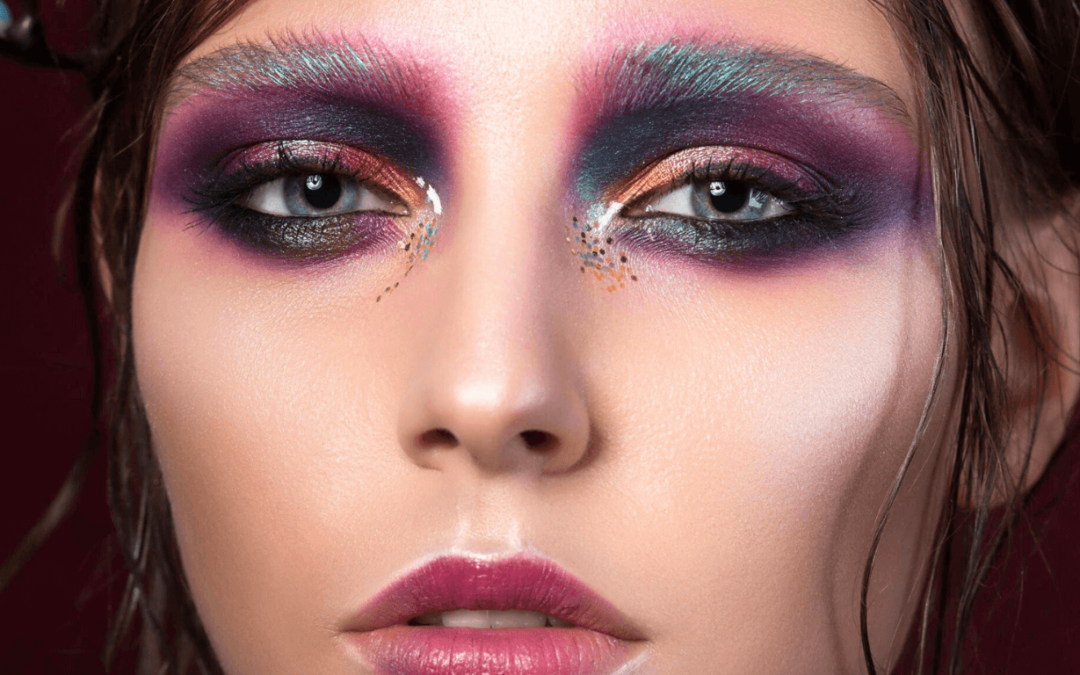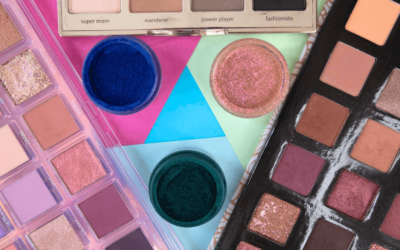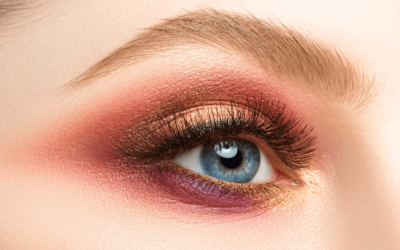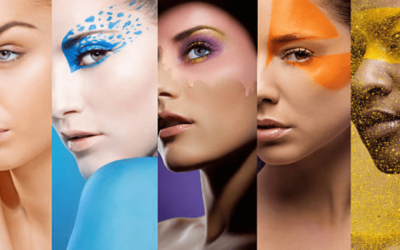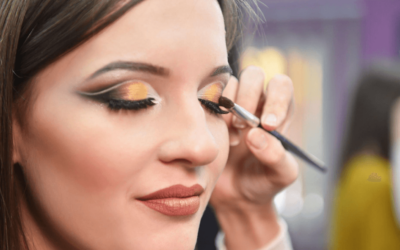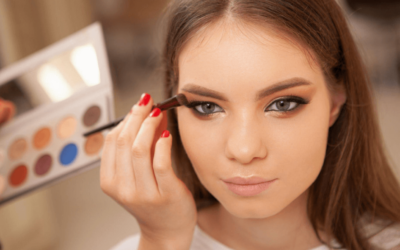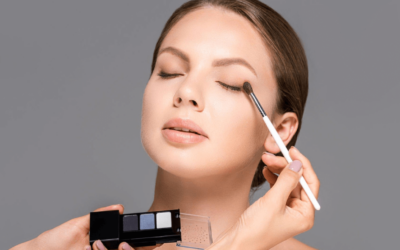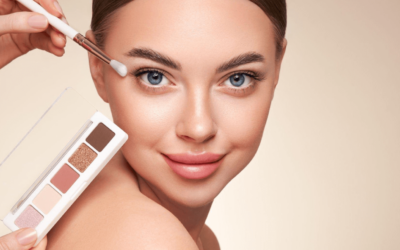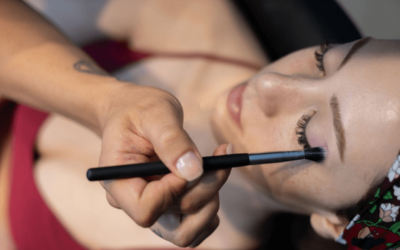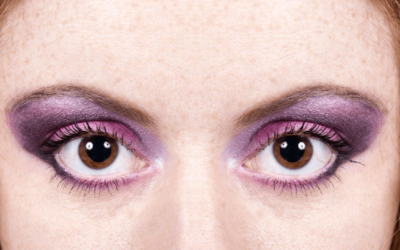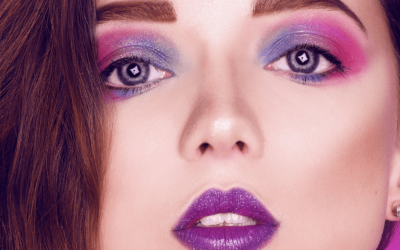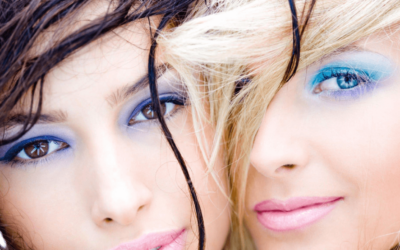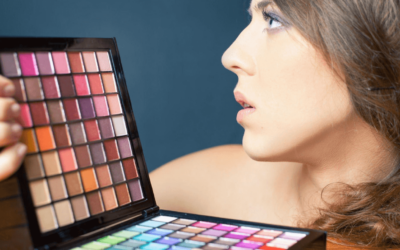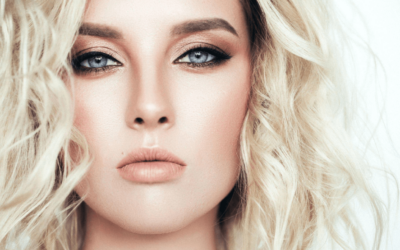The world of makeup is a realm of artistry and self-expression, where colors and textures come together to enhance our features and boost our confidence.
Among the array of makeup products, eyeshadows stand out as versatile tools that can transform our eye makeup looks from subtle to dramatic. But a lingering question often surfaces: Are eyeshadows bad for you?
Delve into this exploration as we unravel the mysteries surrounding eyeshadows, their formulations, and their potential impact on our health and well-being.
The Allure of Eyeshadows: A Brief Introduction
Eyeshadows are a cornerstone of makeup application, allowing us to add depth, dimension, and drama to our eye area. From sultry smoky eyes to playful pastel hues, eyeshadows cater to a wide range of styles and preferences.
The allure of eyeshadows lies in their ability to accentuate our eyes, making them the focal point of our makeup looks.
Ingredient Insight: The Heart of the Matter
Understanding the ingredients that constitute eyeshadows is crucial in addressing concerns about their safety.
Many eyeshadows on the market today are formulated with a blend of pigments, binders, and additional components to achieve the desired color, texture, and application properties.
Pigments: Pigments are responsible for the color payoff of eyeshadows. Some pigments are mineral-based, while others are synthetic. It’s essential to be aware of the type of pigments used, especially if you have sensitivities or allergies.
Binders and Fillers: Binders hold the pigments together, ensuring they adhere to the skin and create a consistent texture. Fillers may be added to extend the volume of the product.
Understanding the nature of these additives can provide insights into the overall formulation.
Potential Irritants: Sensitivity Concerns
One of the primary concerns surrounding eyeshadows is their potential to cause irritation, particularly in individuals with sensitive skin or existing skin conditions.
Some eyeshadow formulations may contain ingredients like talc, parabens, or fragrances, which could trigger reactions in sensitive individuals.
It’s advisable to opt for hypoallergenic or fragrance-free eyeshadows if you have a history of skin sensitivity.
Quality Matters: Differentiating Safe Options
Not all eyeshadows are created equal. The quality of ingredients and the manufacturing processes can greatly impact the safety and performance of the product.
High-quality eyeshadows are more likely to undergo rigorous testing and adhere to safety regulations.
Application and Hygiene: A Clean Canvas
While the formulation of eyeshadows is important, so is the way they are applied and the tools used. Applying eyeshadows with dirty brushes or fingers can introduce bacteria to the eye area, leading to potential infections.
Regularly cleaning your makeup brushes and using clean applicators helps maintain good hygiene.
Eye Health Awareness: A Priority Above All
Your eye health should always be a priority. If you wear contact lenses, have sensitive eyes, or experience any discomfort while using eyeshadows, it’s essential to consult with an eye care professional.
They can provide insights into any potential risks or concerns related to your eye health.
Reading Labels: The Power of Knowledge
When in doubt, read the labels. Familiarize yourself with the ingredient list of the eyeshadow products you use.
Look out for keywords like paraben-free, dermatologist-tested, and ophthalmologist-tested, which can provide reassurance about the product’s safety.
Natural and Organic Options: A Growing Trend
As the demand for cleaner and safer beauty products rises, the market has responded with a variety of natural and organic eyeshadow options.
These formulations often prioritize plant-based ingredients, omitting potentially harmful additives.
Personal Sensitivity: Listen to Your Skin
Your skin knows best. Pay attention to how your skin reacts to different eyeshadow products. If you notice redness, itching, or discomfort after using a particular eyeshadow, it might be a sign that your skin is not responding well to it.
Expert Opinions: Insights from Professionals
Consulting makeup artists, dermatologists, and ophthalmologists can provide valuable insights into the safety and suitability of eyeshadow products for your individual circumstances.
They can offer personalized advice based on your skin type, concerns, and preferences.
Enhancing Confidence: Makeup as Empowerment
While addressing safety concerns is crucial, it’s important to acknowledge the emotional and psychological impact of makeup.
For many, eyeshadows and other makeup products are tools of empowerment, helping individuals express their creativity and boost their confidence.
Conclusion: A Balanced Approach
In the pursuit of beauty, it’s natural to seek products that not only enhance our appearance but also prioritize our well-being.
So, are eyeshadows bad for you? The answer lies in a balanced approach that considers ingredients, skin sensitivity, application techniques, and expert guidance.
Ultimately, the decision to use eyeshadows is a personal one. Armed with knowledge about formulations, ingredients, and application practices, you can confidently enjoy the artistry of eyeshadows while keeping your skin health and well-being at the forefront.
